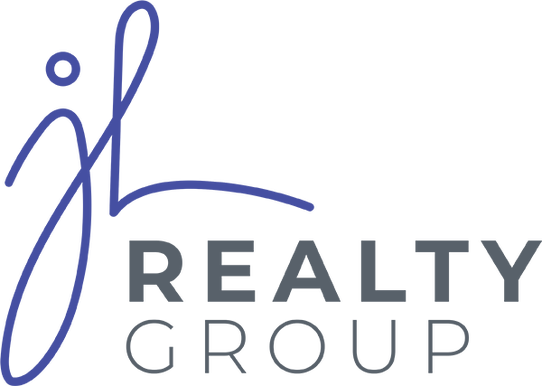
To buy or to sell first? That is the question. At least it’s one of the questions I get asked most often when I meet with prospective Buyers and Sellers. Unfortunately, there isn’t an easy answer, and there certainly isn’t a one-size-fits-all answer.
Here’s a look at the pros and cons of each strategy.
REASONS TO BUY BEFORE SELLING:
Property Selection In a market with tight supply, hot properties sell quickly. In a hot Sellers’ market, many properties are on and off the market in a matter of hours or days, and often before they hit realtor.ca. If you decide to sell first and have a short closing period, there’s no guarantee that your dream home will be available during the time period in which you have to buy.
Comfort with Interest Rates Mortgage pre-approvals (and guaranteed interest rates) are only good for a period of time, typically 90 days. If it takes you longer to sell, buy and close on a new place, the interest rates you’d counted on at the beginning of this process may be a thing of the past.
Time for Renovations Maybe your dream home is a project – it needs a new kitchen, a new roof, a new everything. Buying before selling will give you the chance to complete those renovations while living in the comfort of your old home.
REASONS TO SELL BEFORE BUYING:
Know Exactly How Much $$ you Have to Spend Forget what you, your REALTOR, your neighbour and your cousin ’s uncle think your house is worth – a firm sale will be a guarantee of what the market decided your house was worth. You’ll know exactly how much you have to spend on the new place.
Avoid the Stress and Costs of Your House Not Selling This is a worse case scenario, but it happens. Most lenders approve financing for your purchase based on at least having an Agreement of Purchase and Sale in place for the sale of your current home. If your home doesn’t sell before you get possession of the new one, you might not be able to get the mortgage you need to close on the property. And then really bad things happen. And if you can get a mortgage, well, carrying two mortgages and all the carrying costs isn’t very much fun.
Avoid Bridge Financing Costs Many times, Sellers aren’t able to match the dates of the old and new house – meaning, for example, that they may get their new house on May 9, but not close on the sale of their current home until June 12. Bridge financing (where you’re essentially borrowing the equity in your current home until it closes) can be an expensive proposition.
If Only We Had a Crystal Ball. The reality of any real estate market is that we can’t predict with any level of certainty how it will change in the future.
So what’s the right thing to do? It all depends on your individual situation and your tolerance for risk.
Justin
